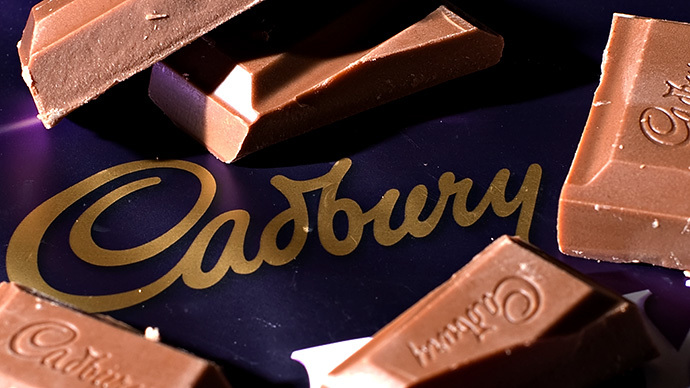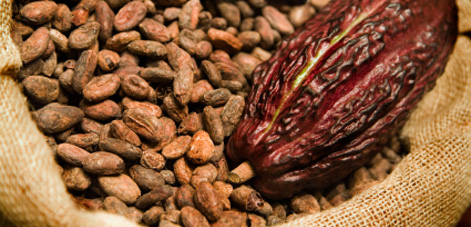– How high demand for chocolate is wiping out Africa’s rainforests:
It would take some serious searching to find someone who does not love chocolate. Who can resist a chocolate bar after a long and stressful day? Or what about some delicious chocolate ice-cream in the sweltering summer heat? Chocolate milkshake anyone? The list goes on and on, and it is true to say that the whole of the developed world is crazy about chocolate. Interestingly, statistics show that in developing countries, one of the first things people start demanding is chocolate, with increases in sales often leaping by 25 percent at a time. All things considered, chocolate seems like a delicious, affordable, innocent indulgence. Unfortunately, nothing could be further from the truth.
The Guardian recently reported that the world’s demand for chocolate has continued to boom at the expense of West Africa’s rainforest, in particular the Ivory Coast, which got its name from the elephants that once freely roamed the area. Protected parks and forests are being denuded at an alarming rate, endangering the chimpanzees and remaining elephants who live there, all in the name of cocoa production.
The Guardian reports:
Read moreHow high demand for chocolate is wiping out Africa’s rainforests



